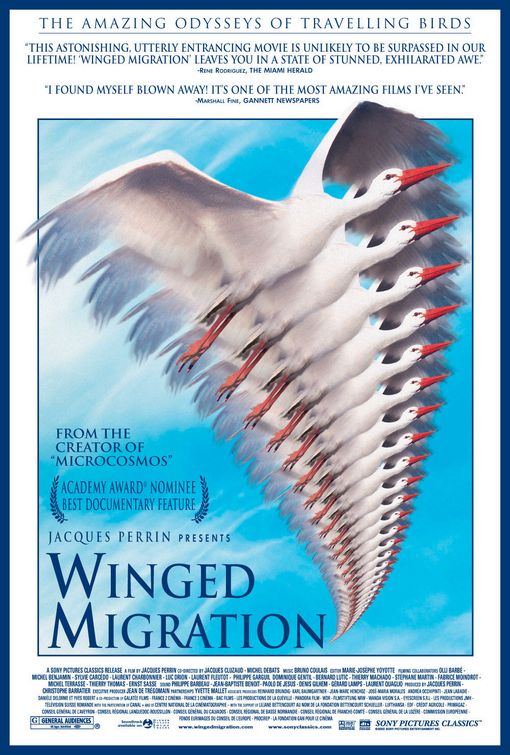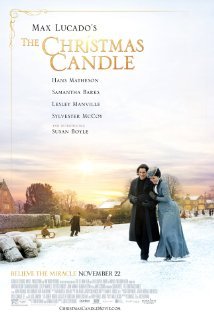
By Movieguide® Contributor
Dr. Jerry Newcombe
For years, Christian media has often been viewed as a backwater source—like something seen in a Saturday Night Live skit. A source for snickers, but not for sensible information.
But, as Dr. Ted Baehr, the publisher of “Movieguide,” likes to say in effect, “The good news is: The bad news is wrong.”
Recently, the National Religious Broadcasters (NRB) commissioned a study with the respected pollster, the Barna Group, and found that a majority of Americans “engage with Christian media.”
The NRB reported on the survey’s findings with this title: “Most Americans Engage with Christian Media, NRB and Barna Report.”
The NRB notes in the findings: “More than 60% of American adults report consuming Christian media in some form, whether through television, radio, podcasts, news websites, social media, or YouTube. This is not an occasional interaction—among these users, half engage with Christian content at least once per week.”
Barna defines “Christian media users” as “viewers, listeners, or readers of Christian media” or consumers of “Christian radio, Christian TV, Christian podcasts (not including sermons), Christian news websites,” as well as users of social media with Christian content.
Troy Miller, president of the National Religious Broadcasters (NRB), told me in a recent radio interview about this: “To be honest, that number nearly caught us off guard.” Wow—nearly two-thirds of all Americans are engaged to some degree with Christian media. Miller said: “That was much, much higher than we thought it would be.”
And he added, “If you drill down further, within the Christian community—those who recognize that the Bible is the authority, who attend church on a regular basis, who read their Bible on a regular basis—their involvement with Christian media is [much greater]. They listen to Christian media almost on a daily basis.”
Furthermore, the NRB writes that there is a higher trust factor of Christian media among listeners/viewers than of other sources of media.
The NRB observes: “Christian media isn’t just widely consumed; it’s also largely respected. Two-thirds of the general population view Christian media as valuable and trustworthy, and that figure rises to four in five among those who use Christian media…..Even among those who don’t identify as born again, roughly half view Christian media in a positive light.”
Nonetheless, they also note the other side of the same story: “However, this trust is not without tension. Some respondents—particularly heavy users—express concerns about bias and manipulation in Christian content….Meanwhile, non-Christians tend to have the most negative perceptions of Christian media.”
During the time of America’s founding, what was the mass media in the various colonies? Certainly, newspapers were very influential. Stacy Schiff, author of The Revolutionary: Samuel Adams (2022), notes that Samuel Adams had incredible influence writing for the key newspaper of his city, The Boston Gazette.
Adams usually used pseudonyms (e.g., A Puritan, Candidus, Victus, etc.) to avoid arrest or deportation to Canada or England for trial (and likely execution). She writes of the Royalist Massachusetts Governor, who despised Samuel Adams: “To [Thomas] Hutchinson’s dismay, seven-eighths of Boston read nothing but that ‘infamous paper’ [The Boston Gazette]. It set the temper of the town.”
Samuel Adams had another form of mass media. He utilized the Committees of Correspondence to communicate to the other colonies what was actually going on in Boston, the seedbed of the Revolution.
But there was yet another aspect of the media in those days almost always overlooked in our time—and that is, the sermons of the day. They were very influential.
I once interviewed the late Dr. Donald S. Lutz, author of The Origins of American Constitutionalism, of the University of Houston. Lutz had co-written a major study with Charles S. Hyneman. They found that about one-third of the quotes from the founding fathers’ writings came from the Bible; and other major quotes came from Bible-oriented writers, such as Montesquieu, Sir William Blackstone, and John Locke (in that order).
Lutz told me: “During the Founding Era, the late 1700’s, there were no magazines, newspapers had a very small circulation, there was no television, there was no internet. What did people do for entertainment? They would read pamphlets….Now, of all the pamphlets published during the last part of the 1700’s, more than 80% of them were reprinted sermons.”
As Americans, we have been given a great gift: free speech and a free press—largely because of Christian influence. But like all good gifts in this fallen world, it must be safeguarded.
As Troy Miller of the NRB noted recently to RadioWorld: “Free speech isn’t optional, It’s the foundation of the American experiment…If one group’s voice can be silenced because of its beliefs, every voice becomes vulnerable.” Thankfully, many Americans are sitting up and paying attention to Christian media.
###
Dr. Jerry Newcombe is the executive director of Providence Forum, a division of Coral Ridge Ministries, where Jerry also serves as senior producer and an on-air contributor. He has written/co-written 33 books, including (with D. James Kennedy), What If Jesus Had Never Been Born? and (with Dr. Peter Lillback), George Washington’s Sacred Fire.
Questions or comments? Please write to us here.



 - Content:
- Content: 
 – Content:
– Content: 